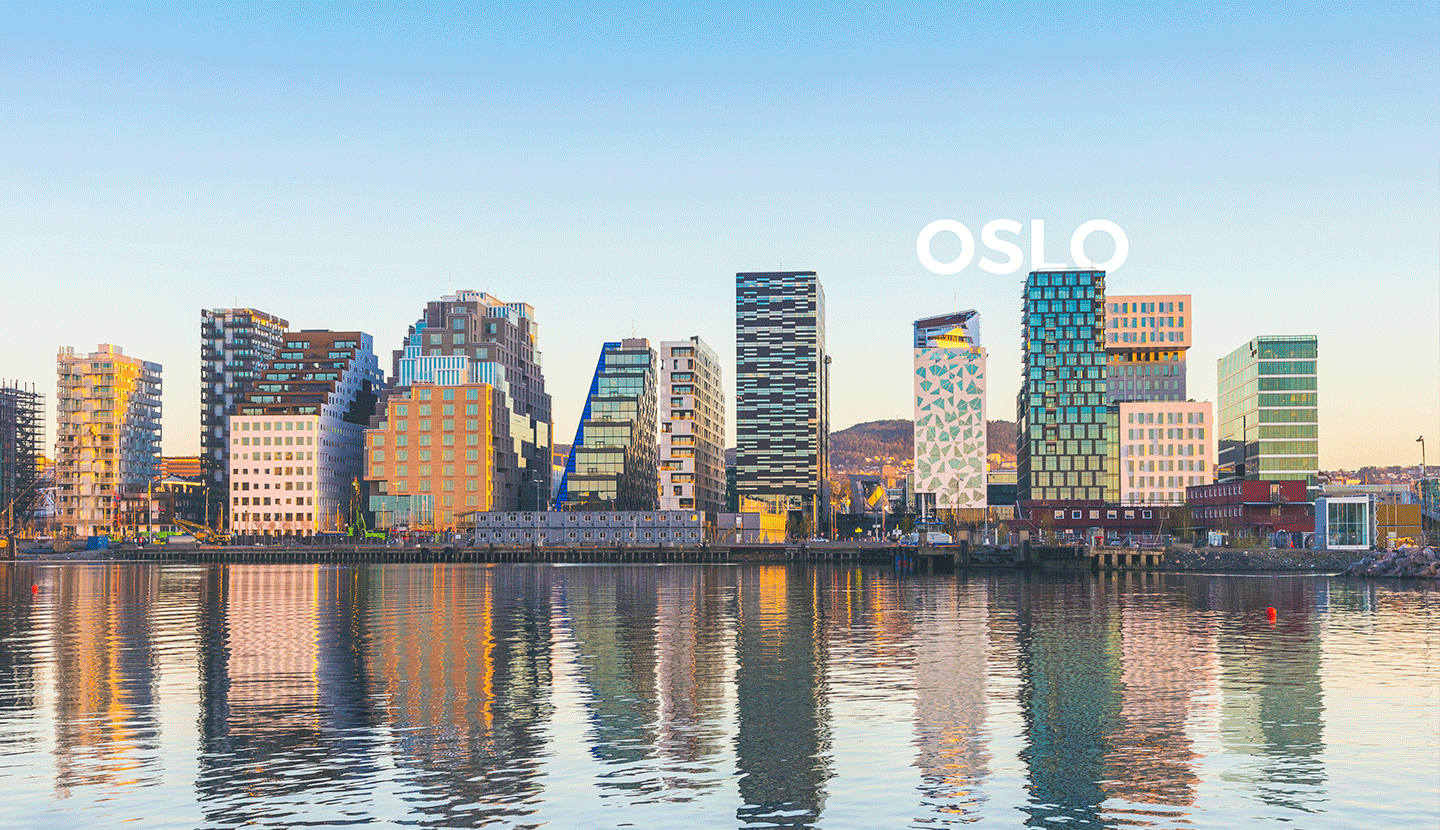
A network of ~100 streams and small rivers will be constituted in the 5 Research cities.
Oslo
The capital of Norway has approx. 700,000 inhabitants, and is surrounded by the Oslo Fjord on its south side and the national protected forest “Marka” to its east, north and west. Oslo offers a great connection to nature, where the lakes and streams are important and aspires to be a green capital as well as a fossil free city by 2030.
The Akerselva river is a symbol of the economic and social divide of the city, with life expectancy still varying by approximately 10 years between the East and West End sides of the city. Today Akerselva is rehabilitated and a clean river, offering many opportunities for recreation for the inhabitants of Oslo. River Alna flows through Oslo’s major suburb and industrial area. Since year 2000 the previously hidden, forgotten and polluted Alna River has gradually been rehabilitated, being one of Oslo’s finest areas for outdoor recreation. A very active stakeholder group in the city is Oslo River Forum. This group of volunteers collaborates with civil society groups and City of Oslo Agency for Water and Wastewater Services aiming to protect, rehabilitate and reopen Oslo’s rivers and streams. The city runs a monitoring program, and each year two of Oslo’s main waterways receive a thorough environmental check on the density and presence of invertebrates and fish, which indicates the ecological status of the river (data to be used in OneAquaHealth). It is a political goal to reopen closed stream and river sections in Oslo municipality where this is possible, to handle climate change with more and heavier precipitation, and make Oslo an attractive, blue-green city.
In OneAquaHealth we will select sampling sites in Ljans elva, Hovinbekken and Hoffselven and their streams, located in the east, middle and west of the city, respectively. These sites offer different opportunities for engagement with the aquatic ecosystem, different urbanization conditions, variation in local importance for recreation activities and opportunities for cross-generational and inclusive activities where schools, volunteer groups and local champions meet.
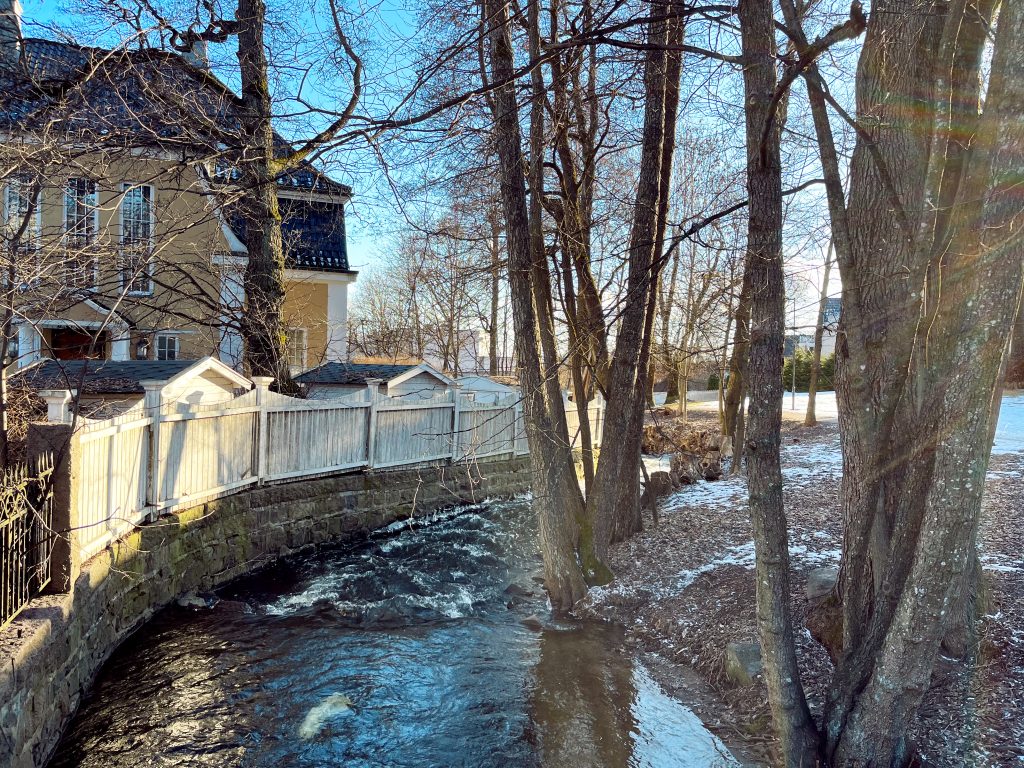
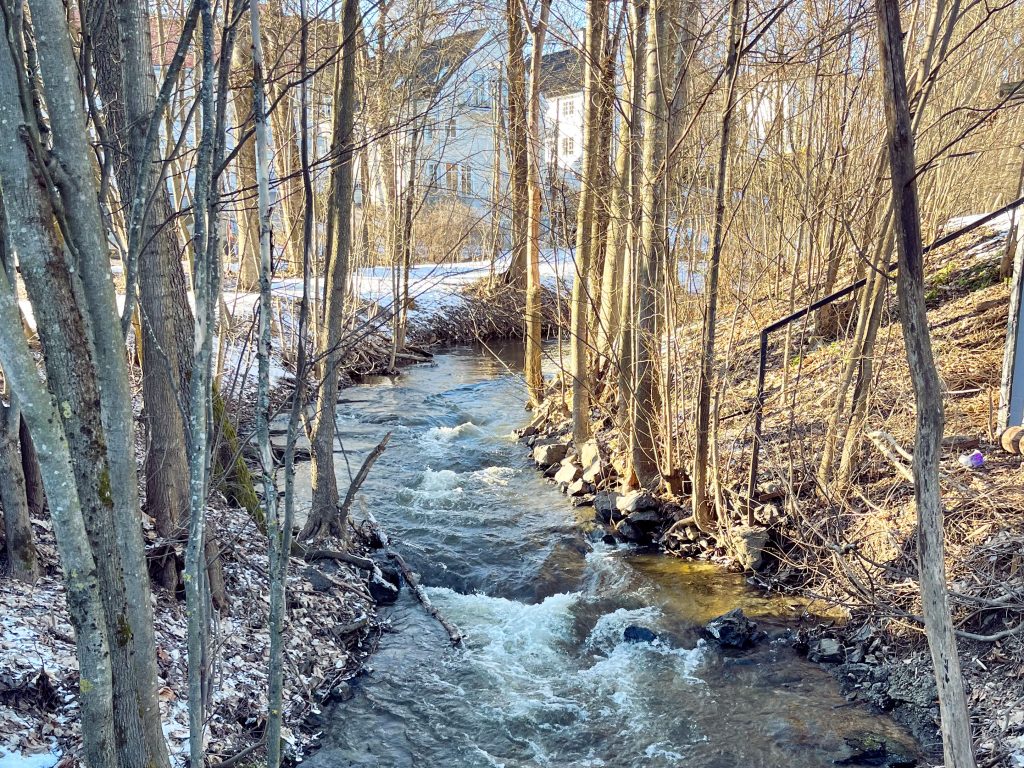
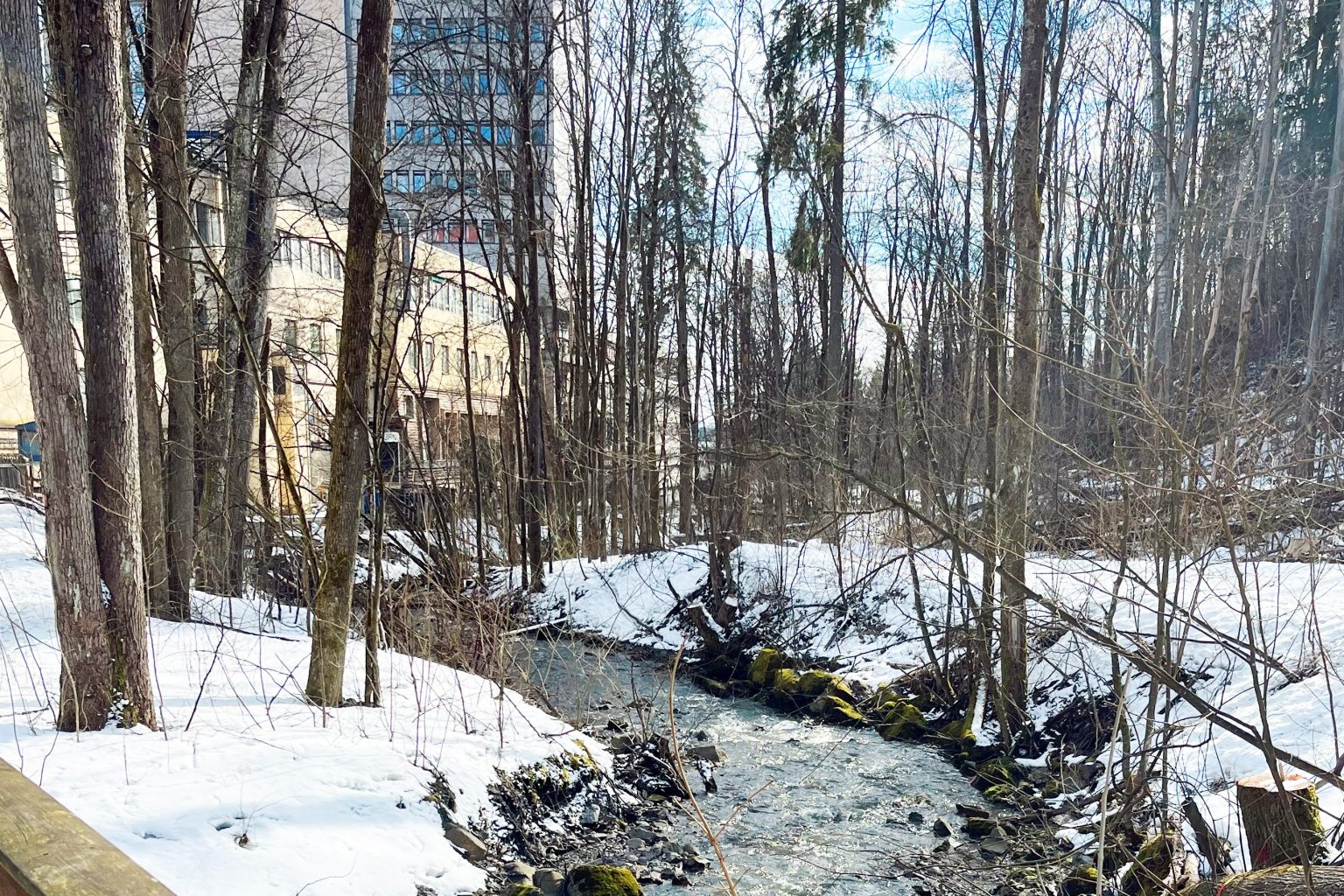

Water, Mosquito, and Tick Sampling
In May 2024, the OneAquaHealth team collected water samples from all ten streams in Oslo as well as mosquito samples from the surrounding green spaces. The team also attempted to collect ticks but didn’t find any. The water and mosquito sampling were successful, and it will be interesting to compare the samples from Oslo with those from other research sites. In total, samples were collected from 18 sites.


Healthy Life Week
In September 2024, the municipality of Oslo organised “Healthy Life Week,” which is a week featuring various outdoor activities arranged by the municipality. The PhD student in the University of Oslo team seized this opportunity to participate in an organised walk for older adults in an area with freshwater. One of the guides had a background in biology and informed the participants about the animal life in both the fresh water and the related green areas. All the participants showed enthusiasm and shared stories about how they used the blue and the related green area in their everyday lives. The stories from the older adults will be part of the PhD student’s data material.
Citizen Science Workshops with Local Alliances
In June 2025, the University of Oslo organised three Citizen Science Workshops in collaboration with Local Alliances. These workshops aimed to gather testing feedback on the Citizen Science App and promote its usage among Citizens of Oslo.
Two of the workshops took place at the University of Oslo itself, while the third was hosted at a Volunteer Centre conveniently located near one of the streams in Oslo, making it accessible for participants. The workshops attracted a diverse group of participants, spanning all age groups from teenagers to older citizens, illustrating a strong community interest in citizen science initiatives.
Throughout the sessions, attendees were enthusiastic about testing the app, actively providing valuable feedback on its usability. Their insights were instrumental in identifying areas for improvement, particularly in enhancing the app’s usability to better meet the needs of various user demographics.
With the feedback gathered during these workshops, the next step is to implement the suggested usability improvements and further encourage citizens to utilise the app.

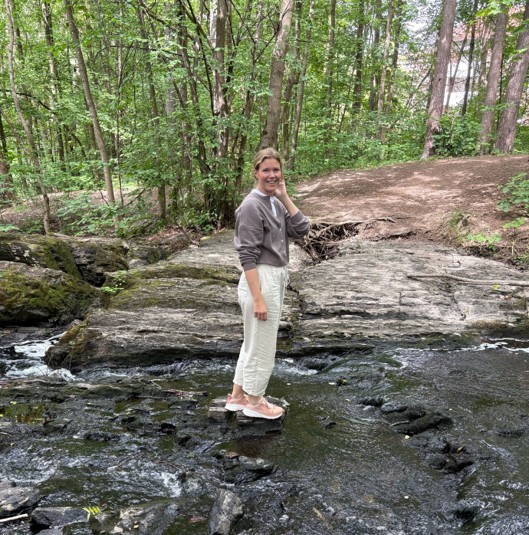
Cultivating Curiosity and Connection: A Day at the River
In May 2025, a group of fifth graders from a local school visited one of Oslo’s river environmental parks as part of their “river adoption” initiative, aimed at promoting care for local waterways. The primary goal of this outing was to spark interest in nature among the students. A PhD student from the University of Oslo also participated as an observer that day.
Initially, many students, aged 10-11, expressed indifference towards hiking, with some considering it boring. Teachers divided the class into small, mixed groups and set up activity posts along the trail to encourage engagement.
Throughout the excursion, the students participated in various nature-related tasks, which gradually transformed their initial reluctance into enthusiasm. They began to connect with each other and engage with the environment.
Upon reaching a designated meeting area near the river, the students enjoyed their lunch. Afterward, they eagerly rushed to the water’s edge to play. The energy shifted as they climbed on fallen trees and splashed in the stream, showing increased confidence.
As the day concluded, the return journey through the forest led to a quieter atmosphere, with some students commenting on how the experience felt adventurous and memorable. Overall, the outing fostered a deeper connection to their local ecosystem, leaving the students with smiles and shared stories of their adventure.
